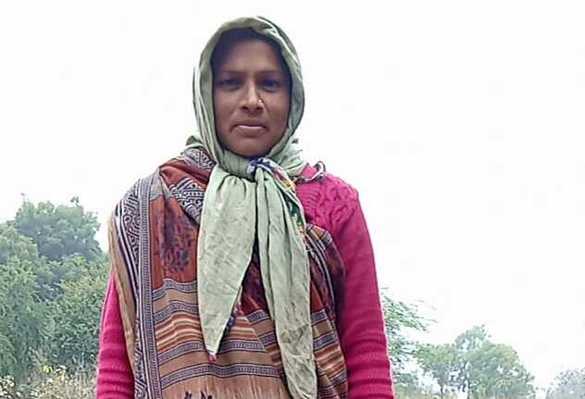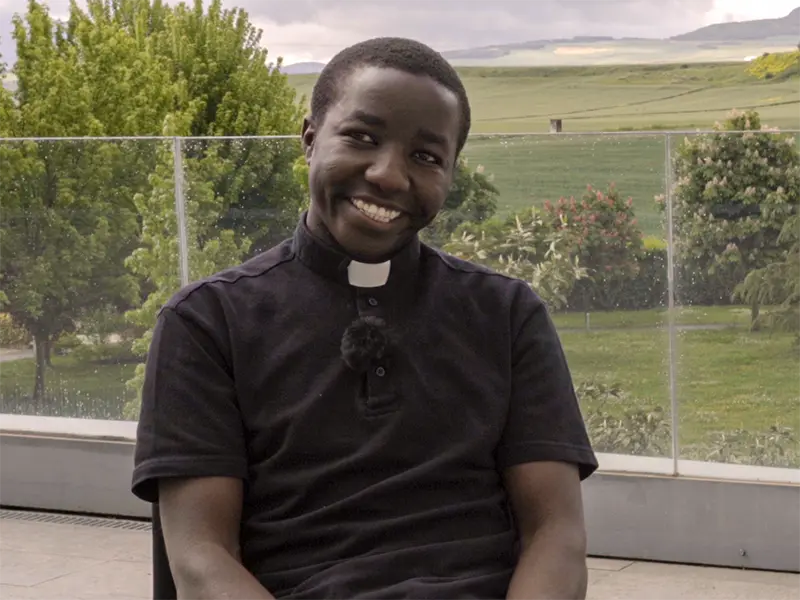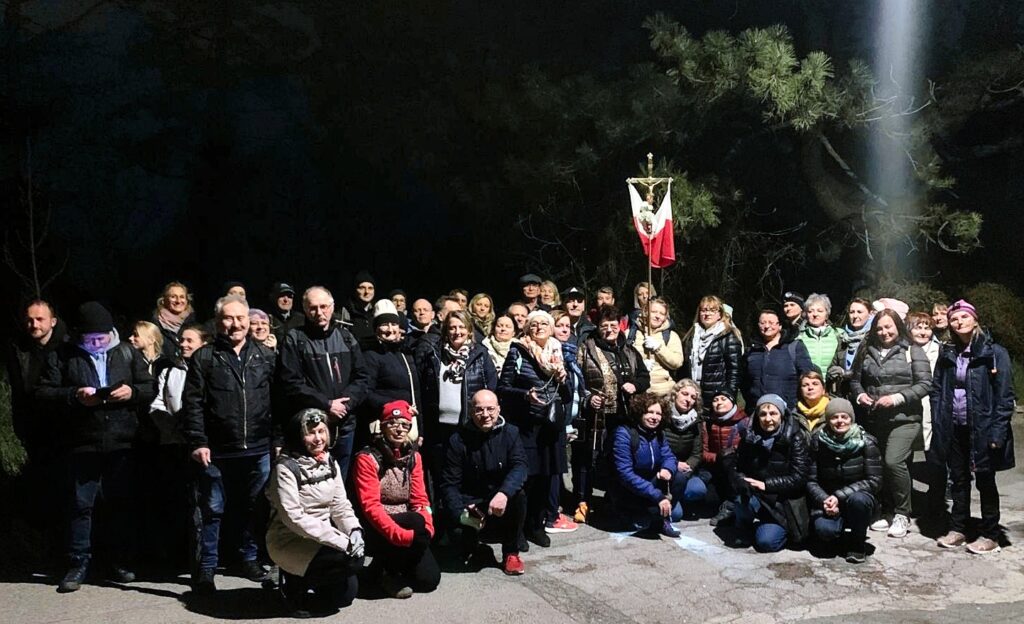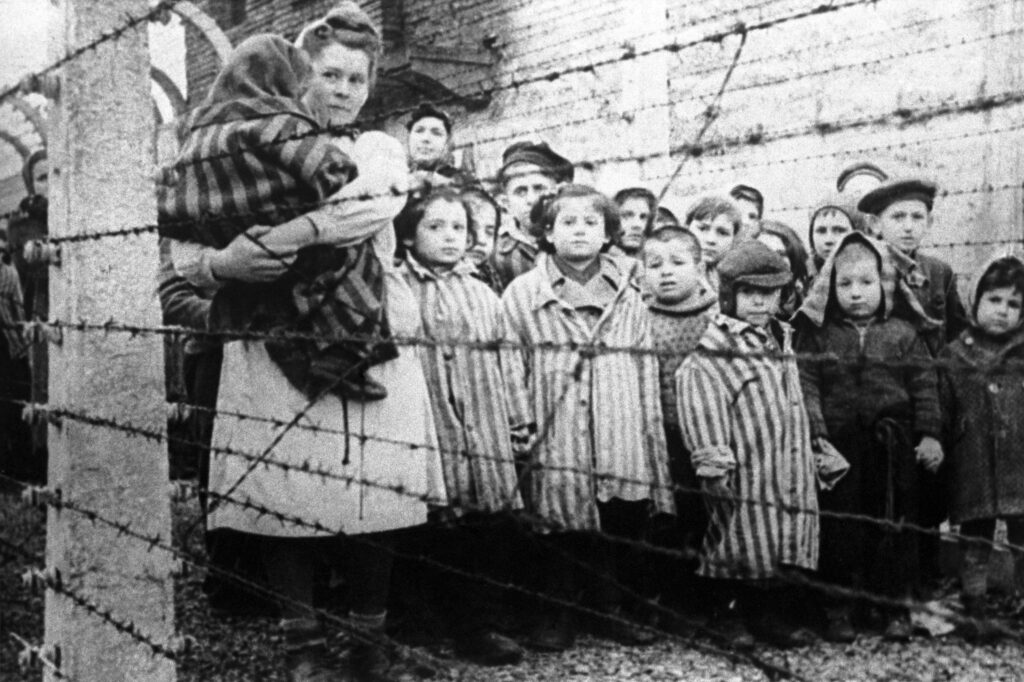Christians Fear Anti-Conversion Law in India
Christian Prayer Group Attacked, Baby Killed

A new anti-conversion law in India is causing fear among Christians.
Leela Bai, a Christian mother of a physically challenged girl, has not yet recovered from the trauma that ended her eight-month pregnancy. It happened New Year’s Eve 2020; that night a Hindu extremist kicked her in the stomach, killing her child in the womb.
The culprit was part of a group of some 30 Hindu men who attacked a Christian prayer gathering hosted by Church of God Mission International in a home in the village of Dewada, in the Barwani district of Madhya Pradesh, a central Indian state.
“The villagers pleaded with the Hindu zealots for mercy, but they tore up the Bible and beat those present in the house and left the place with a stern warning against any gathering for prayer,” said Pastor Idu Chouhan, who is helping Bai get medical treatment and to fight her legal case.
This is one of the several cases of Hindu radicals attacking Christian prayer gatherings in Madhya Pradesh. The state is ruled by the pro-Hindu Bharatiya Janata Party (BJP) and has recently passed an ordinance to tackle allegedly fraudulent religious conversions.
Christian leaders like Archbishop Leo Cornelio of Bhopal report that persecution of Christians in Madhya Pradesh has sharply increased after the government introduced the new anti-conversion law, repealing a more than five decades-old law that made conversion through allurement or force a punishable offense.
The Madhya Pradesh Freedom of Religion Ordinance 2020—which was promulgated on January 9—has provisions up to a 10-year jail term for religious conversion, including for the purpose of marriage. Pentecostals are the prime targets of the state’s new legislation.
The new law, Archbishop Cornelio told Aid to the Church in Need (ACN), has become an effective tool in the hands of Hindu hardliners to stir up communal tensions and attack minorities, especially Christians and Muslims.
A month into the implementation of the new law, nearly a dozen cases have been brought against Christians; 15 people are in jail, Church leaders report. At the same time, police are reluctant to file First Information Reports (FIR) on violent attacks against Christians.
On January 12, police exhumed the body of Bai’s stillborn baby and performed a postmortem examination. “We approached the police for registering the FIR, charging the Hindu activists who assaulted us and killed the unborn child but to no avail,” Pastor Chouhan told ACN, adding: “As police did not accept our complaint, we filed an online complaint on January 12 seeking action against the assailants who killed Bai’s baby, but still no response.”
Pastor Chouhan said a few hospitals where they took Bai refused to admit her for treatment for fear of the Hindu radicals. “We had to take her to a distant private hospital for treatment,” said the minister, and Bai is so badly traumatized that “she is unable to narrate her ordeal.”
In another incident on January 26, right-wing Hindu activists barged into a Christian prayer service at a Catholic media center in Indore, a major city. The attackers claimed the prayer service was a mass religious conversion ceremony and the police arrested 11 people who were charged under the new anti-conversion law. Nine of them ended up in jail, charged under the new ordinance. After a local court rejected their request for bail, the accused have appealed to the Indore bench of Madhya Pradesh High Court.
Similarly, on January 27, three Christians in Balaghat district were arrested as they had gathered for a prayer service. They too were sent to jail and their bail was also rejected.
“Now even a private space like one’s home or church is not safe for Christians to pray, that it can be interpreted as gathering for religious conversion,” said Archbishop Cornelio, adding, “As per the new law, if a poor person is helped with food or a poor child is helped with study material or given free admission to a Christian school, it can be interpreted as an inducement and the law can be invoked.”
“The law is made in such a way that the burden of proving the allegation is with the accused not the accuser and it has given the right-wing zealots the chance to crack their whip at any time against the vulnerable minority community members,” said the archbishop
The prelate denied the allegations that Christians are involved in religious conversions that involve fraud, allurement, or force. The prelate also cautioned the government against interfering in citizens’ right to choose whatever religion they want. The new law, he suggested, amounts to a violation of the constitution and its fundamental rights. The archbishop called on the state government to repeal the anti-conversion law for the sake of communal harmony.
Hindus form the vast majority in Madhya Pradesh, accounting for more than 90 percent of the state’s population of 73 million. Christians make up only 0.29 percent.
—Saji Thomas, ACN
Related

“Being Catholic in Tanzania is a source of pride”
Fundación CARF
16 April, 2025
6 min

The Vatican Suppresses the Sodalitium of Christian Life After a Long Discernment Process
Exaudi Staff
15 April, 2025
1 min

From Kahlenberg to the Papal Cross – Polish Night Way of the Cross in Vienna
Heschel Centre for Catholic-Jewish Relations at the Catholic University of Lublin
15 April, 2025
2 min

“I Will Never Be Herod for the Innocents”
Wlodzimierz Redzioch
14 April, 2025
6 min
 (EN)
(EN)
 (ES)
(ES)
 (IT)
(IT)

